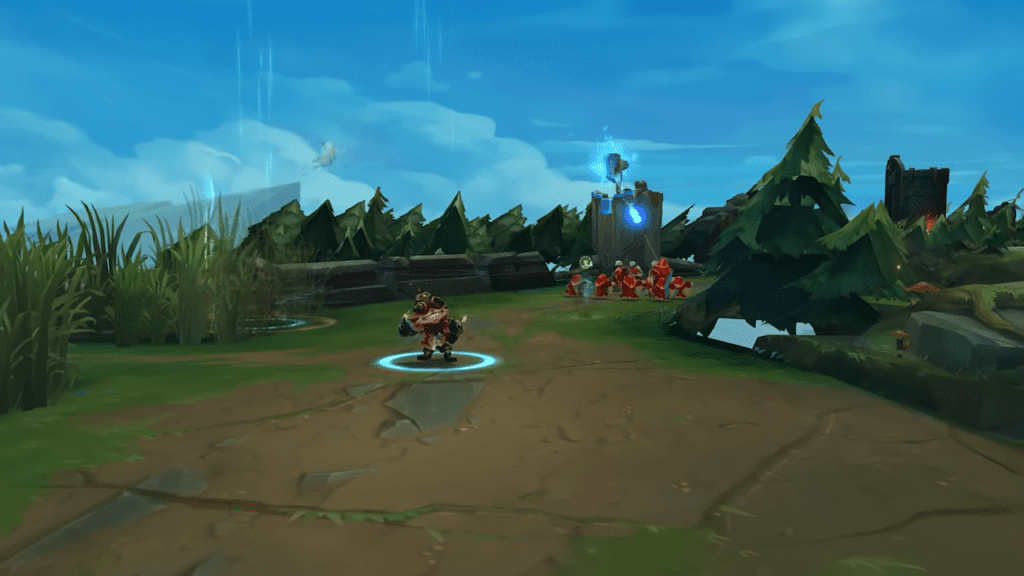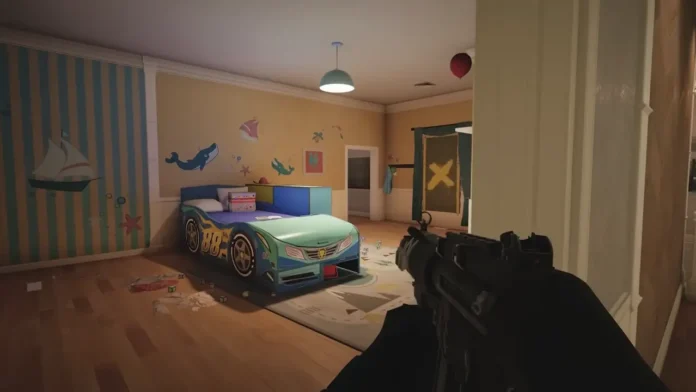What is it about League of Legends that sends shivers down the spines of casual gamers and hard-core players alike? From its reputation for teeth-gritting toxicity to the agonizing sting of extraordinarily swift, unexpected defeats, the game seems to be a magnet for disdain.
While players duel on the pixelated battlegrounds of Summoner’s Rift, an equally fierce battle rages outside the game—one for respect and understanding. But before you toss away your mouse in frustration, join us as we embark on a journey to dissect these perceptions and uncover the truth behind the game’s notorious standing in the gaming community.
EXAMINING THE NEGATIVE PERCEPTION OF LEAGUE OF LEGENDS
Dispelling the Toxicity Myth Around ‘League of Legends’
Valentine’s Day made me reflect on my skewed viewpoint concerning competitive multiplayer video games.
Historically, I have held a strong disdain for “League of Legends.” It embodies all the elements I find unappealing in multiplayer games: sluggish gameplay paired with frustrating deaths, like being obliterated by Lux’s ultimate from the far reaches of Summoner’s Rift. The worst aspect, however, is its player community, which is notoriously recognized as one of the most toxic in the gaming universe.
On this Valentine’s Day, I’m ready to be a bit vulnerable. Despite insisting that my boyfriend and I connected through “mutual school friends,” which is technically true, I must admit that I developed feelings for him long before we ever met face-to-face. Our conversations began while gaming together with a mutual friend. Even though we’re from the same hometown, our schooling took us to different states, creating a gap of several months before our in-person meeting. Feel free to laugh about it.
The primary challenge I faced — aside from the dreaded “edater” rumors (rest assured, we are NOT edaters) — was that he was a die-hard “League of Legends” player, my sworn adversary. Over the years, I had staunchly resisted the game, pledging my loyalty to “Valorant.” But in the pursuit of spending time with him, I found no other option but to cave in.
Thus, against my better judgment, I found myself downloading “League.” Yes, I recognize that playing “League” solely for a guy seems a bit irrational. Yes, I realize I should have stood my ground. Do I regret this choice? Not at all.
I never truly grasped the excitement surrounding “League” until I committed to playing it regularly. It wasn’t until just last week that the game clicked for me. Admittedly, I’ve been an admirer of Riot Games for years — I could ramble about their innovative game development and commendable company ethos — and I truly wanted to enjoy “League,” yet its reputation acted as a barrier.
A few months ago, a friend questioned why I became so angry while engaging with competitive video games. “Because they’re designed that way — to drive you crazy,” I responded with utter certainty.
I assure you, I’m not experiencing some epiphany about games evoking anger at the age of 19 — it’s not like I’m a guy trying mushrooms for the first time, suddenly discovering empathy. I used to joke with friends that titles like “Valorant” and “Tom Clancy’s Rainbow Six Siege” served as crucial outlets for my life’s accumulated stress. Yet, this contemplation makes me reconsider why I have a greater aversion to some games than others.

At the conclusion of a hectic week, my ultimate desire is to relax with friends in an untroubled setting. Often, since many of my friends live far away, this relaxation manifests as gaming together. Ironically, since I started playing “League,” it has unexpectedly become one of the gentler games on my list.
I can already hear “League” enthusiasts calling me out. The truth is, I genuinely enjoy “League.” Given my considerable lack of skill, I don’t become intensely frustrated with the game; it’s impossible to underperform when mediocrity is your baseline!
Many competitive multiplayer games cultivate a culture of frustration within their communities. Titles like “League,” “Valorant,” “Apex Legends,” “Rainbow Six Siege,” “Counter-Strike: Global Offensive,” and “Fortnite” all come with a reputation for toxicity due to the anger conveyed in their players’ lobbies. This kind of behavior is challenging to address and almost impossible to eradicate, leading players to fall into an ongoing cycle of irritation.
Playing “League” alongside my boyfriend has offered me a respite from these rage-fueled communities. It’s provided an opportunity to appreciate “League” for what it truly is, without the taint of its reputation. Beyond the toxic players, the game presents numerous commendable attributes — exceptional narrative design, distinct creative styles, unique champions, and responsive developers, all overshadowed by its negative image.
Most games aren’t intentionally crafted to enrage you, and “League” is no exception. The frustration stemming from the titles I mentioned largely arises from their overzealous, toxic fanbases. Approaching these games without bias can be a challenge when preconceived ideas prevail, but shedding those biases could help uncover a game you might fall in love with, one you never thought you’d play.
To “League of Legends,” I apologize for my harsh critique. Perhaps one day we can work towards improving the reputation of your community.

